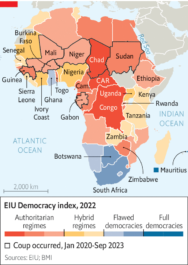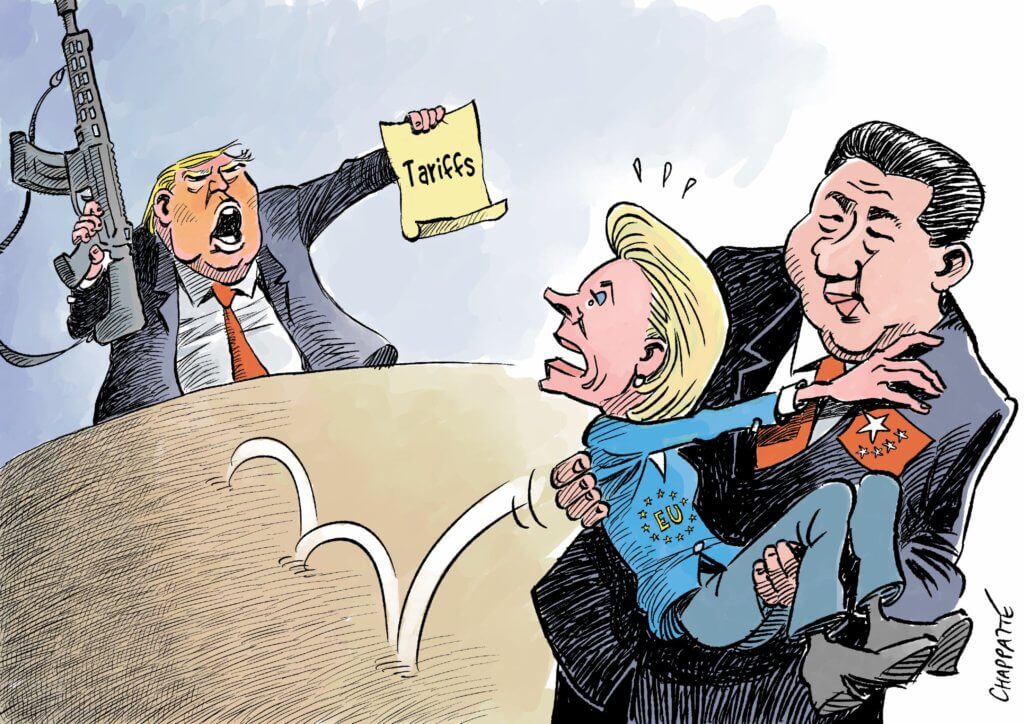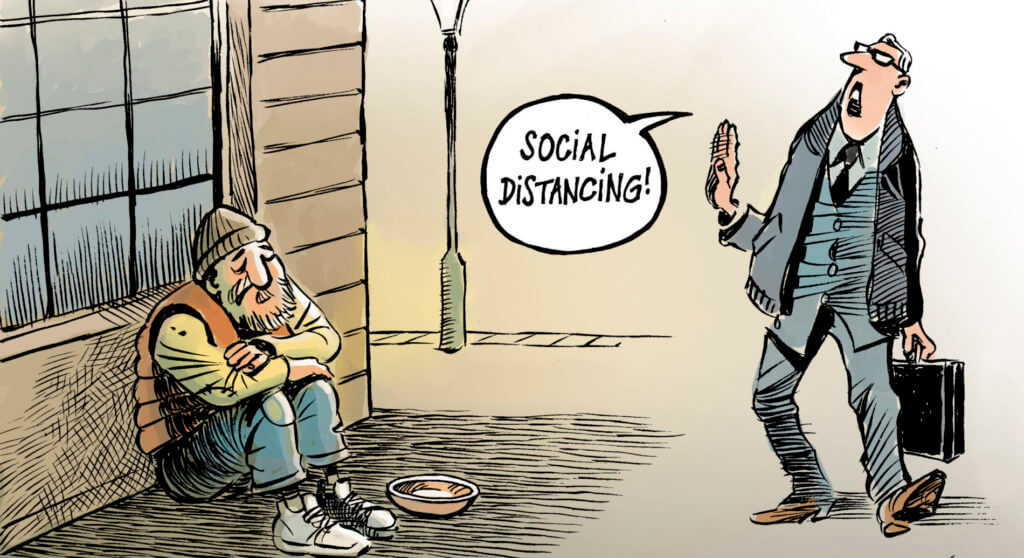Africas Rising?
BOX | A Brief History of Democracy in Africa
Africa’s first brush with liberal democracy came in the shape of what the late Africanist scholar and international relations expert Ian Taylor has described as “rudimentary facsimiles” of systems of government and legislatures, bequeathed by departing colonialists to the newly independent African countries.

In the early decades of Africa’s independence, most African leaders quickly imposed their iterations of democracy, using the force of unifying rhetoric to mobilise mass solidarity for statehood and nation-building. Some, like Jomo Kenyatta, Kwame Nkrumah, Leopold Senghor, Julius K. Nyerere and Kenneth Kaunda, crusaded for an African-style democracy based on ideas about African unity, emphasising the “communitarian” character of African societies in contradistinction to the perceived “individualism” inherent in Western liberal thought. Some even modified or obliterated their inherited democratic institutions, frequently dismissing them as colonial burdens unsuited to African conditions. They touted their versions of African-style democracy as a bulwark against the supposedly harmful effects of multiparty democracy and frequently exploited them to legitimise oppressive regimes. The result was a string of one-party systems of government, authoritarian regimes, personalist rule and dictatorships, all of which throttled the seedlings of nascent democratisation and gave rise to internal disaffection among their citizens.



